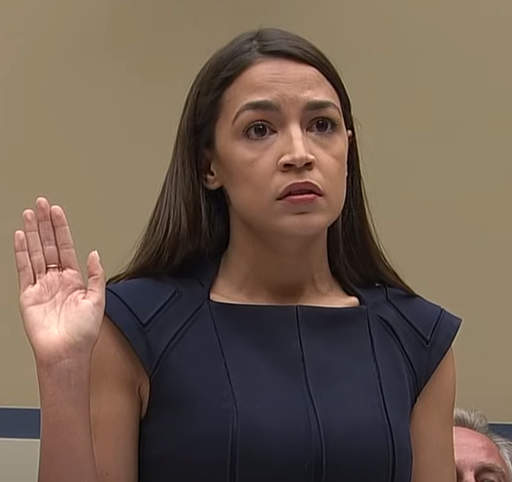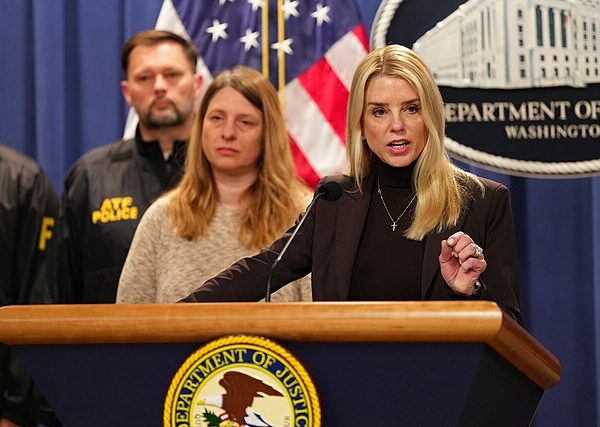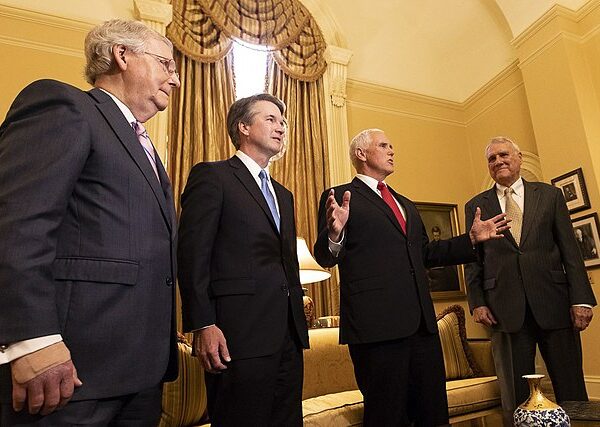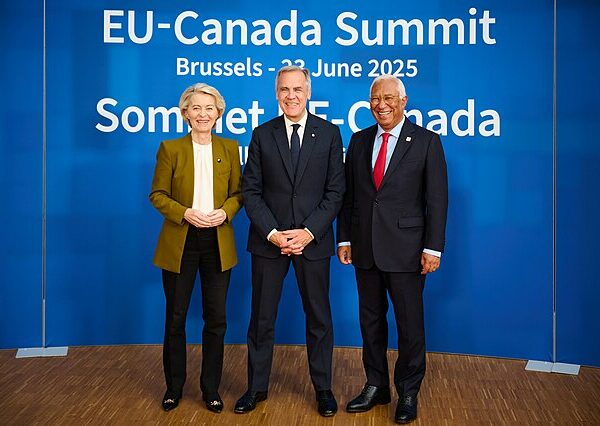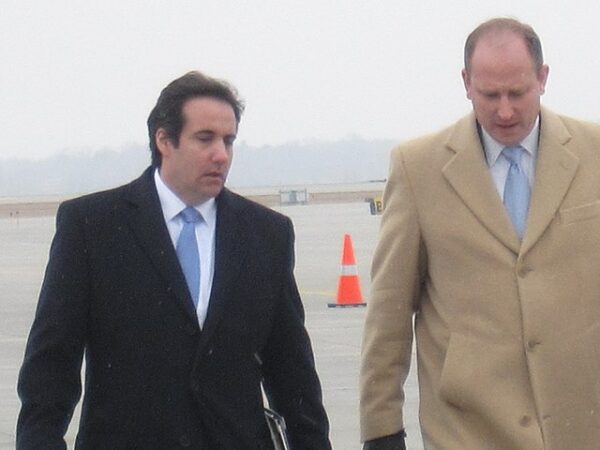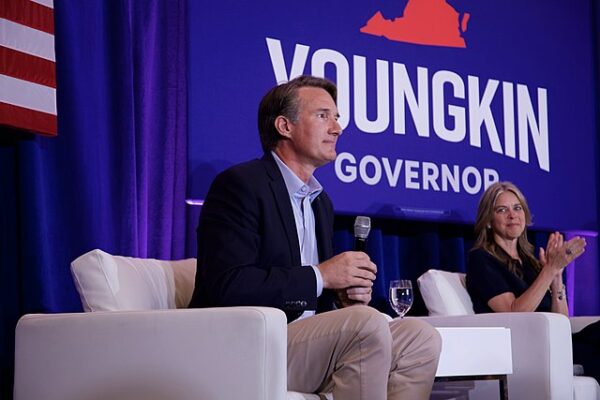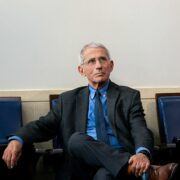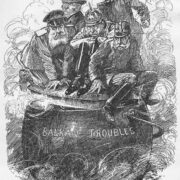
It appears that one Republican is preparing to take on Vice President J.D. Vance for the presidency in the next election. Texas Senator Ted Cruz is sharpening his 2028 ambitions by taking direct aim at Tucker Carlson, staking out a muscular foreign-policy profile that stands in open defiance of the GOP’s ascendant isolationist wing. What began as a series of pointed remarks has broadened into a full-scale public confrontation, playing out across speeches, interviews, and social-media volleys as Cruz contrasts his hawkish posture with Carlson’s skepticism of U.S. aid to Ukraine, his criticism of American backing for Israel’s war in Gaza, and, most provocatively, Carlson’s cordial interview with Holocaust denier Nick Fuentes.
In a statement to Axios, Cruz insisted: “We have a responsibility to speak out even when it’s uncomfortable. When voices in our own movement push dangerous and misguided ideas, we can’t look the other way. I won’t hesitate to call out those who peddle destructive, vile rhetoric and threaten our principles and our future. Silence in the face of recklessness is not an option.” Carlson, reached by text, brushed off the attack, replying: “Good luck. That’s my comment and heartfelt view.” He later described Cruz’s broader campaign against him as “hilarious.”
Cruz has not held back. In recent weeks he has dismissed Carlson’s foreign-policy trajectory as “bat-crap crazy” and “off the rails.” At the Republican Jewish Coalition gathering in late October, he called the podcaster a “coward” and “complicit in evil” for offering Fuentes a platform. Speaking at the Federalist Society earlier this month, he escalated further, warning that Carlson was spreading “a poison that is profoundly dangerous” by giving airtime to what Cruz labeled “a little goose-stepping Nazi.”
Republican strategists say the offensive is calibrated to win over the party’s remaining interventionist and strongly pro-Israel factions—voters and donors who backed Nikki Haley in 2024 and remain wary of the MAGA movement’s inward turn. “It’s definitely getting noticed,” Republican Jewish Coalition CEO Matt Brooks told Axios. Cruz’s itinerary reflects the push: he is slated to address the Jewish Federations of North America’s General Assembly this week and continues cultivating traditional GOP donors through appearances with groups such as Maverick PAC and the Miami-Dade Republican Party.
In 2016, Cruz ran the strongest campaign against Donald Trump, narrowing the field between himself, Trump, and John Kasich. He eventually dropped out after being bluffed by the former Ohio governor and ended up handing the nomination to the president.
However, the Texas senator has maintained a formidable political machine as well, hosting a high-ranking podcast and syndicated radio show, chairing the Senate Commerce Committee—which gives him regular access to corporate leaders—and organizing a donor retreat for next year. His opposition to sweeping tariffs has also endeared him to elements of the business community uneasy with President Trump’s trade agenda.
Still, Cruz confronts a transformed Republican Party. Early polling for 2028 shows Vice President J.D. Vance—Carlson’s ideological counterpart—as the early favorite among primary voters who have largely abandoned the George W. Bush-era interventionism in favor of the “America First” restraint championed by Carlson and Vance. Some pro-Israel donors may also balk at supporting a candidate who appears to challenge the Trump administration’s preferred successor. And despite Vance’s forceful repudiation of Fuentes—calling the white nationalist a “total loser” after he hurled racist insults at Vance’s Indian-American wife, Usha—Carlson retains considerable sway with the party’s grassroots.
For Cruz, the calculation is that an unapologetic defense of traditional GOP hawkishness, paired with the infrastructure he built as the 2016 runner-up and a deep small-donor base, might still open a lane in a party increasingly defined by isolationist sentiment. Whether that lane is wide enough for a third presidential bid remains one of the early unanswered questions of the 2028 Republican race.
[Read More: Democrat Was Working With Epstein]

